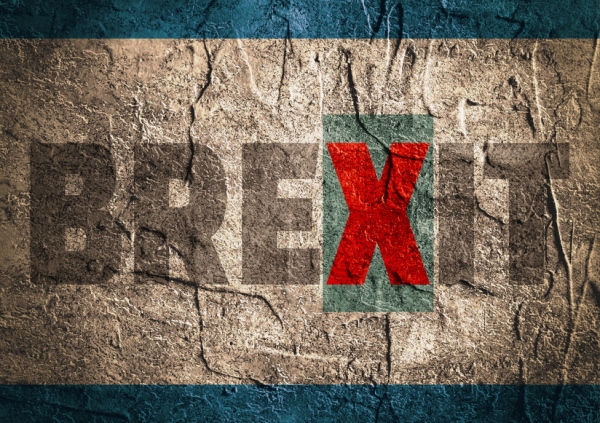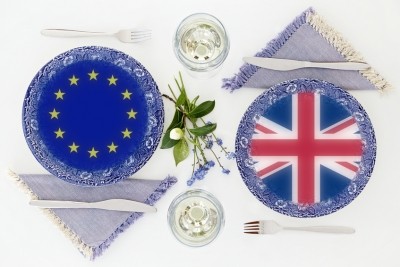Brexit may force EFSA to change its 'nationality balance' policy

“Shortlisted candidates from non-EU countries may be considered when appropriate candidates from member states cannot be identified.”
So reads a 2014 EFSA executive director decision on the ‘nationality balance’ of its scientific committee, panel members and external experts assisting with its scientific work.
But with 177 UK experts contributing to EFSA’s work in 2015 – 130 individuals as part of panels and 47 as government experts – as well as 19 UK staff members, what will happen when the UK is no longer an EU member?
This was a question posed at an open meeting for EFSA’s Panel on Dietetic Products, Nutrition and Allergies (NDA) just a week after the UK voted to leave the EU in a referendum.
Valeriu Curtui, head of EFSA’s unit on nutrition, said there were already experts from non-EU countries including Switzerland, Norway and the US, although he conceded there were “not many” from these countries and rules on nationality balance could be changed if necessary.
“The rules of the management board can change. And I think at the time when the rules were written this scenario of Brexit was not imagined,” he said in Brussels.
“However we acknowledge very much the contribution of the UK experts and as far as I know, at least from EFSA, there is strong interest to continue having that. I would expect those rules to be changed to say ‘from Europe’ not only the European Union.”
He said he did not foresee a big impact from Brexit, but ultimately it was too early to predict how the situation would play out.
For Dr Luca Bucchini, managing director of Rome-based Hylobates Consulting, the possibility of losing EFSA's UK talent pool was a concern.
“Britain has provided EFSA and other EU bodies with some of the best scientists and officers. Whenever possible they should be retained. There are few talents with similar qualifications.”
He said the UK experts had brought many benefits to their panels.
God only knows what I'd be without you
“British scientists and officers are often more rigorous, on average, than their continental peers. At the same time, they welcome innovation, which is often not the case with hyper-precautionary German or French officers and scientists.”
Bucchini, an Italian national, said much of the thinking about EU food issues had emanated from Brits.
“It's hard to imagine we could do without them.”
Mother tongue
One observer of the meeting also raised the point of language in the open NDA meeting.
Indeed in this particular meeting there were several occasions when panel members stopped to clarify the wording of a draft opinion, with native English speakers often called upon to confirm the meaning of the minor changes.
Brexit means Brexit
Meanwhile the UK has yet to officially inform the EU of its wish to leave.
There was some speculation that the referendum – not legally binding but meant as a thermometer for public opinion – may be ‘ignored’ by the UK government.
Yet a speech from politician Theresa May – now set to become the UK's next prime minister after her contender pulled out – ruled out this option.
"Brexit means Brexit and we're going to make a success of it," she told media.
Click HERE for our dummies guide to Brexit.



!['If [the UK government] cuts funding, you might find smaller areas like nutrition will be squeezed for bigger areas of science,' says senior nutrition researcher. ©iStock/MarianVejcik](/var/wrbm_gb_food_pharma/storage/images/_aliases/wrbm_medium/6/2/6/2/892626-5-eng-GB/UK-criticised-over-EU-research-funding-shortfall-pledge.jpg)





